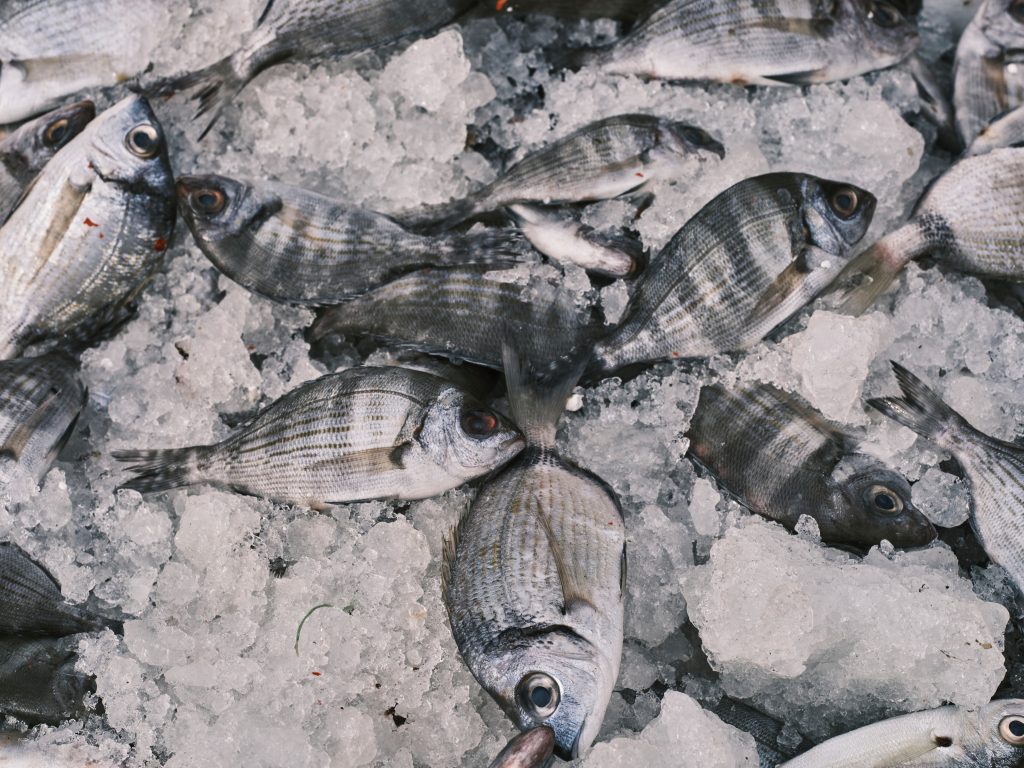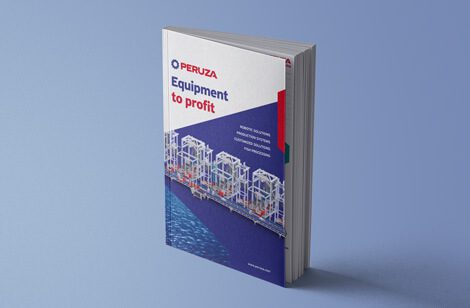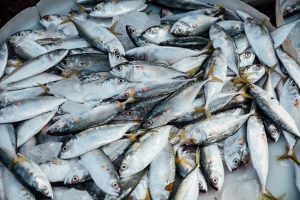Fish grading is an essential process in the fishing industry, helping to sort and evaluate fish based on their quality, size, and other characteristics. However, this process is not without its ethical and environmental considerations. With the increasing concern for animal welfare, sustainability, and biodiversity, it is important to take a closer look at the impact of fish grading on these issues.
In this blog, we will explore the ethical and environmental considerations in fish grading and how it affects the overall health of our oceans and the welfare of marine life. We will also discuss how responsible fish grading practices can help promote sustainability and protect the environment while ensuring consumers access high-quality and ethically-sourced fish products.
Fish grading
Fish grading is the process of sorting and categorizing fish based on their size, quality, and other characteristics. This process is an essential part of the fishing industry, as it helps to ensure that only the best quality fish are sold to consumers and that the fish are sorted in a way that maximizes their economic value. Normally, grading starts as soon as the fish are caught. Typically, fish are sorted by species and size, and any fish that are damaged or of poor quality are discarded. The remainder of the fish is then further sorted by quality, with the best fish going to marketplaces with higher prices and the worst fish going to cheaper ones.
Fish quality can be impacted by a variety of elements, such as its look, texture, and freshness. Skin tone, scale condition, and scale form are all examples of appearance-related characteristics, whereas hardness and tenderness are examples of texture-related factors. Fish that have been improperly handled or improperly stored for an extended period can quickly lose their quality, making freshness another important consideration when assessing fish quality. The optimal fish grading method for your company will rely on a variety of factors, including the type of fish being used, the desired result, and your company’s ability to sustain any of these sorting methods. Three basic forms of fish grading are frequently used in the industry – mechanical fish grading, fish grading by weight, or visual fish grading.
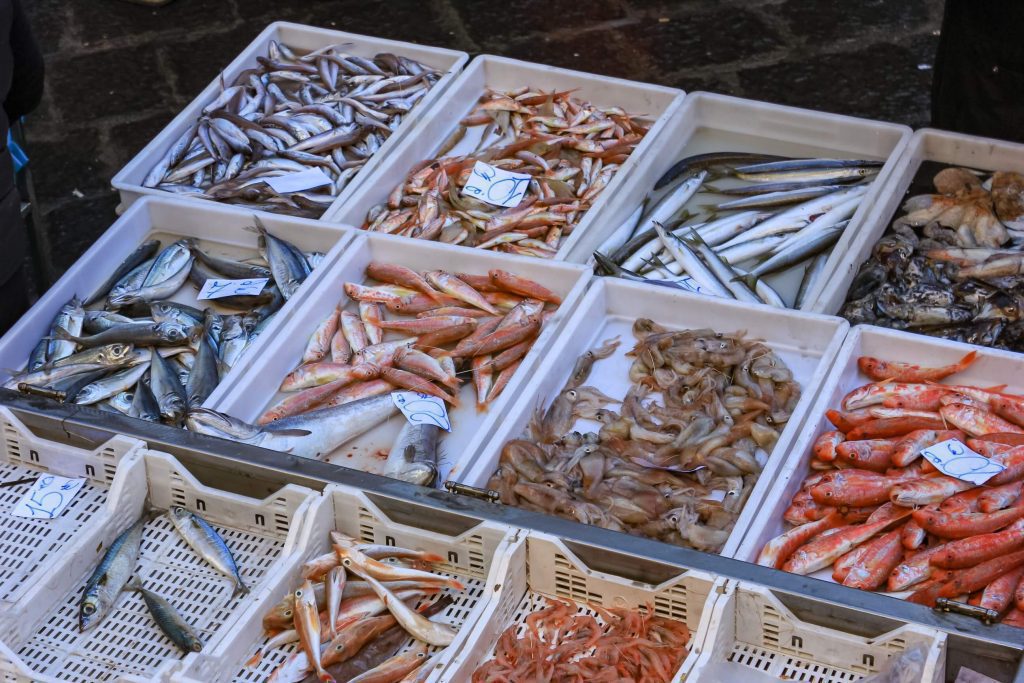
Source: Pexels
The ethical and environmental issues
Although the fish grading process is important for ensuring that only the best quality fish are sold to consumers, there are also ethical and environmental considerations to take into account when grading fish. Here are some of the main issues to consider:
Animal welfare
Considering that fish are sentient beings capable of feeling pain and suffering, grading fish can raise serious issues about animal welfare. Fish handling during the grading process, which is common, can stress and harm the fish. Fish are cold blooded, which means they lack the same systems that mammals use to deal with stress, leaving them more prone to physical harm and stress-related mortality.
Fish grading businesses can put guidelines in place to lessen harm to fish to solve these issues with animal welfare. For instance, they can employ gentler handling methods such as using nets or other instruments to handle the fish with the least amount of physical touch. The fish can also be graded manually by skilled individuals who can sort and handle the fish with excellent care. The danger of workers mishandling fish can be decreased by providing them with adequate fish welfare training. To ensure that fish are handled properly throughout the grading process, it is crucial to take animal welfare issues into account while grading fish. This can encourage more ethical and sustainable fishing methods while lowering stress and harm to fish.
Sustainability
Fish grading must consider sustainability because overfishing and other unsustainable fishing methods can negatively affect both the health of fish populations and the overall health of marine ecosystems. By encouraging the use of selected fishing methods and fostering ethical sourcing and harvesting practices, fish grading can help to advance sustainability.
Rather than catching all fish in a certain location, selective fishing tactics concentrate on catching only the targeted species and sizes of fish. Reducing bycatch—the unintentional capture of species that are not meant to be caught—can lessen the negative effects of fishing on the ecosystem as a whole. The use of environmentally friendly equipment and avoiding fishing during the spawning season are just two examples of how fish grading can promote responsible sourcing and harvesting methods.
Fish grading can also encourage the gathering of less popular species of fish by offering incentives for doing so. This may lessen the pressure on species that are consumed more frequently and encourage the development of a varied and sustainable fishing sector. And when talking about sustainability – we have to mention the amount of yield that can be produced more when using the right methods, so the product is used more efficiently.
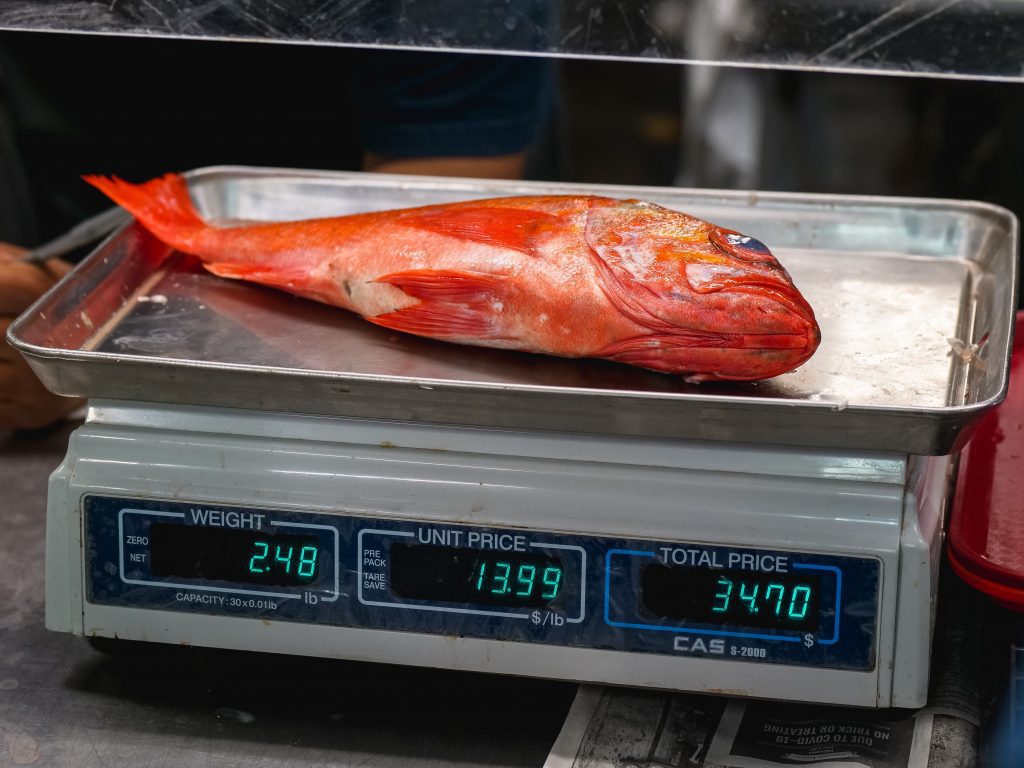
Source: Pexels
Biodiversity
The importance of biodiversity in fish grading is highlighted by the fact that overfishing and irresponsible fishing methods can hurt the diversity of fish populations and the overall health of marine ecosystems. The responsible fishing of a variety of fish species can be encouraged by fish grading, which can help to boost biodiversity.
The balance of marine ecosystems can be upset and fish population variety decreased as a result of overfishing, which can cause some species to decline or even go extinct. The proper processing of a wide variety of fish species can be encouraged through fish grading, helping to preserve the diversity and health of fish populations as well as the general health of marine ecosystems. Ultimately, protecting the diversity and health of fish populations as well as the overall health of marine ecosystems depends on the promotion of diversification in fish grading. By encouraging the ethical harvesting of a variety of fish species and encouraging the consumption of less commonly consumed species, fish grading can contribute to the promotion of biodiversity, and certification programs can aid in establishing standards for ethical and sustainable fishing methods.
Final thoughts
In conclusion, fish grading is an important part of the fishing industry, but it’s important to think about its ethical and environmental repercussions. Fish handling and sorting can raise questions about animal welfare, and unsustainable fishing methods and overfishing can have negative effects on fish populations and marine ecosystems.
If you’re interested in learning more about how PERUZA can help you get the best results with your food processing, feel free to get in touch at info@peruza.com, and we’ll be happy to discuss the possibilities of us creating something great for your fish processing business!

